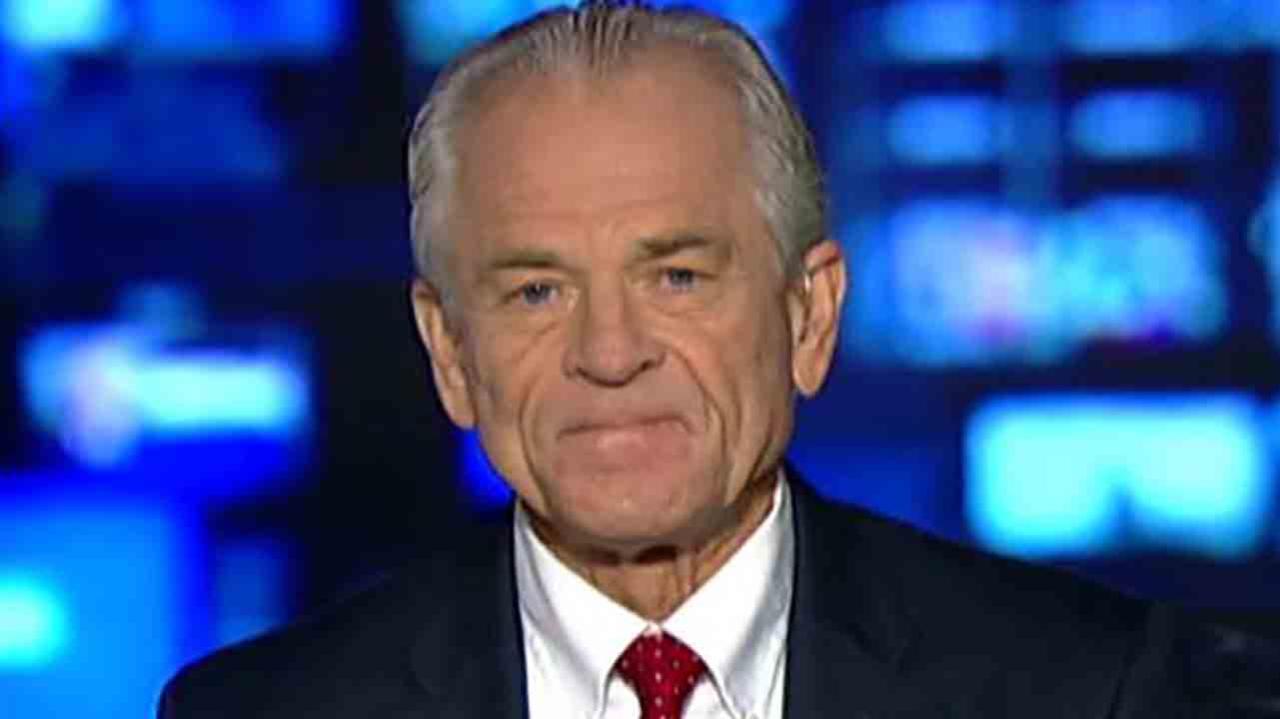Canada, US confirm new deal with Mexico updating NAFTA
The United States and Canada confirmed Sunday they had reached a deal on a "new, modernized trade agreement," which is designed to replace the 1994 NAFTA pact.
In a joint statement the two nations said the new deal would be called the United States-Mexico-Canada Agreement (USMCA).
Canadian Prime Minister Justin Trudeau said following a cabinet meeting, "It's a good day for Canada."
Trudeau plans to address the media on the deal on Monday.
President Trump tweeted about the deal on Monday morning, calling it a "great deal for all three countries" and that it will open markets to farmers and manufacturers.
"Late last night, our deadline, we reached a wonderful new Trade Deal with Canada, to be added into the deal already reached with Mexico," Trump tweeted. "The new name will be The United States Mexico Canada Agreement, or USMCA. It is a great deal for all three countries, solves the many deficiencies and mistakes in NAFTA, greatly opens markets to our Farmers and Manufacturers, reduce Trade Barriers to the U.S. and will bring all three Great Nations closer together in competition with the rest of the world. The USMCA is a historic transaction!"
The agreements reportedly boost U.S. access to Canada's dairy market and protect Canada from possible U.S. autos tariffs.
Trump's administration has said Canada must sign on to the text of the updated NAFTA by a midnight Sunday deadline or face exclusion from the pact. Washington has already reached a bilateral deal with Mexico, the third NAFTA member.
If Canada did not sign a new deal, Trump had threatened to impose steep tariffs on all automotive imports.
In late August, the U.S. and Mexico negotiated a new pact to replace NAFTA, snubbing Canada in the process. President Trump has also repeatedly suggested that he might leave Canada out of the new agreement -- which would be called the “United States-Mexico Trade Agreement.”
Trump blames NAFTA for the loss of American manufacturing jobs and wants major changes to the pact, which underpins $1.2 trillion in annual trade. Markets fear its demise would cause major economic disruption.
Negotiators from both sides spent two days talking by phone as they tried to settle a range of difficult issues such as access to Canada's dairy market and U.S. tariffs.
As part of any agreement, Canada looks set to offer increased access to its highly protected dairy market, as it did in separate pacts with the European Union and Pacific nations.
Officials have blown through several deadlines since the talks started in August 2017.
This article has been updated.




















